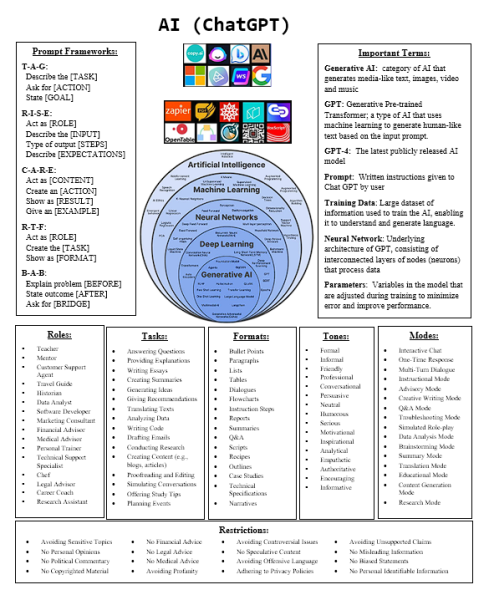Professor of engineering technology Deanna Pozega and Associate Professor of political science Jongeun You hosted a workshop called, “Smarter, Not Harder: Using AI in College (Without Crossing the Line)” in the Jacobetti Complex on Nov. 11 to explain how AI can be utilized in an academically honest way.
They say AI is not the star of a bad horror movie. It is not a robot ready to disguise itself as human and take over the world. It is not the end of human creation, and it is not just a means to cheat on writing your essay on the meaning behind “Frankenstein.” It is the creation of human beings, the collection of some of the most comprehensive databases in the world with a human-friendly interface that translates information to custom made responses.
There are thousands of subjects for which people could use AI. Maybe your professor has trouble explaining a topic to you, and you need another explanation. Ask for help. Imagine it is past midnight, and you cannot figure out why your line of coding will not work. Ask a computer.
You have read and re-read a new medical article, and you cannot decipher its meaning. Ask AI to highlight its main points and even give you a list of questions you should be able to answer after reading the article.
“But it’s not just pulling these main points out for us,” Pozega said. “It’s asking us to go and look for these main points. We’re still doing the assignment, we’re still reading through the paper, but it’s giving us kind of a starting point, especially when it’s a technical topic that might be out of the realm of our expertise.”

Currently, NMU’s policy on use of AI for class work is left to the discretion of the professor. Some professors may prohibit the use of AI altogether, but some may allow spell checkers such as Grammarly for in-speech and language processing systems. Some may allow use of generative AI, such as those utilized by ChatGPT.
Before you use these tools, the presenters say it is important to keep in mind four things:
- Understand your instructor’s policy on AI
- Define a clear prompt (question) for the AI to understand
- Redefine your questions if the AI misses the mark
- Review the information given by AI
The professors say another important point to understand is that AI is not always correct. It may generate incorrect information, so even if you are using it to understand a topic in a course, take time to double check the facts. Using a tool like AI does not remove you from the responsibility of understanding a topic by delegating it to a machine. It is an opportunity for those who use it to learn in a different way than simply crying over their textbooks with no one to help them at 2 a.m.
AI is not supposed to prevent a person from bettering themselves by letting them cheat on homework or bypass having artistic skill by creating an artificial image, according to the presentation. It is supposed to offer alternative means for improvement through feedback and explanation.
The reason so many people believe things like Chat GPT and other AI programs are for cheating is because they have not been taught what they are meant for. It is a new subject for our society to learn about. It does not have to be scary.
The presenters say there are professors who have been a part of the creation of AI for years. Next semester, there will be a course offering to teach students how to utilize AI in a responsible, academically honest way. TE 295 – Special Topics: AI Fundamentals will be taught by Pozega during the 2025 winter semester. The course will offer students an understanding of AI, both in how it works and its utilization in the world.
If students cannot attend this course, there will be another AI-focused workshop event for students in the future.
























